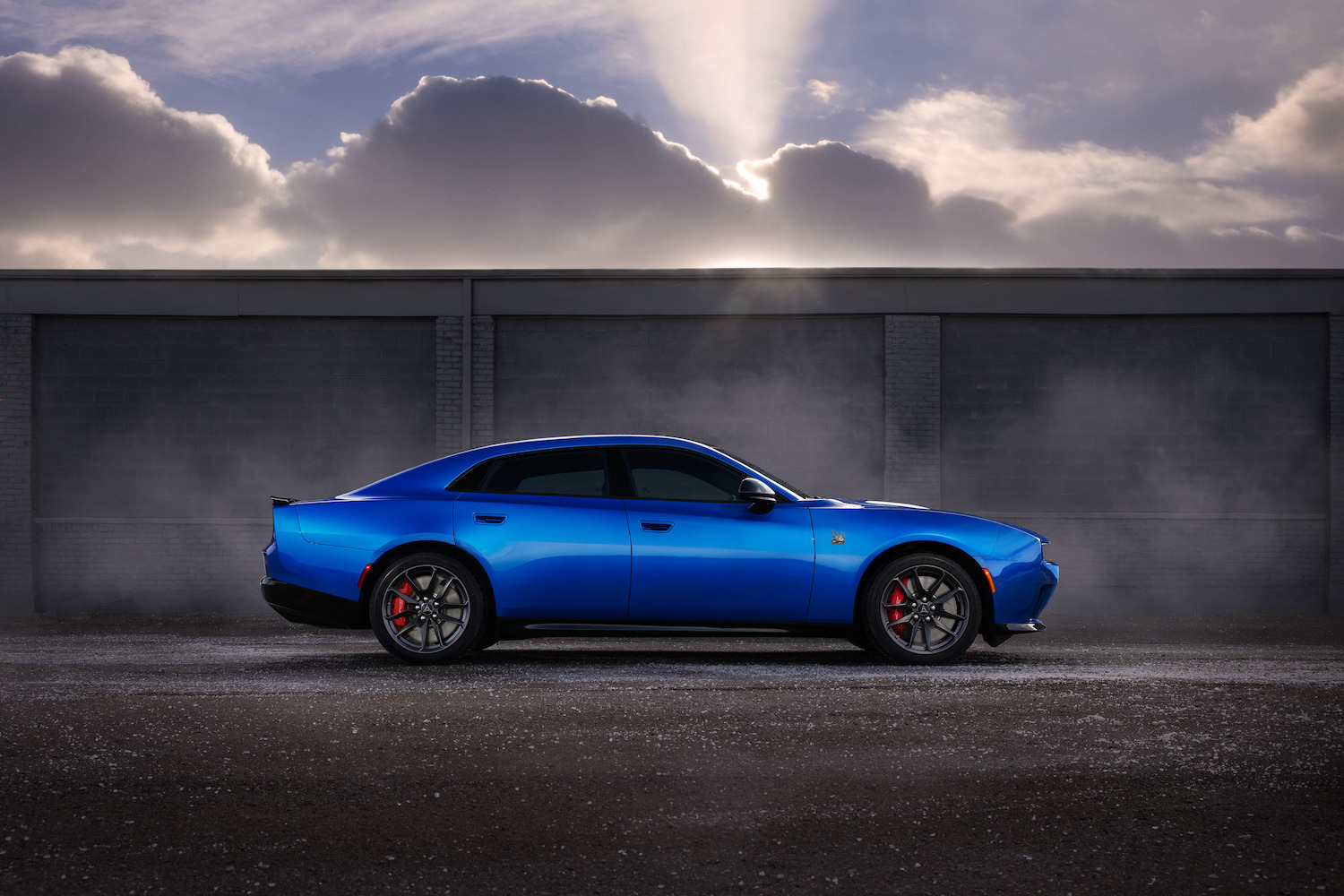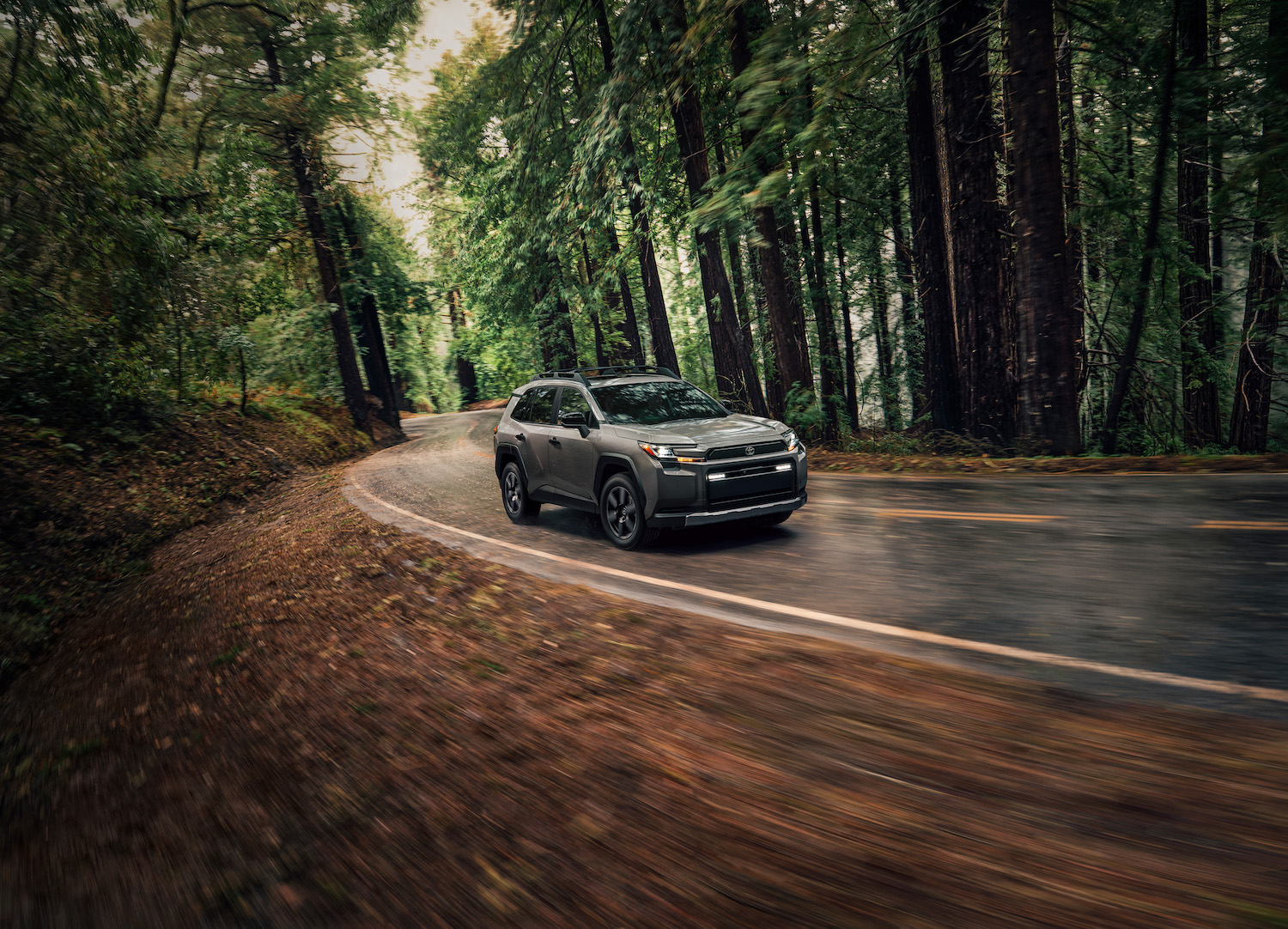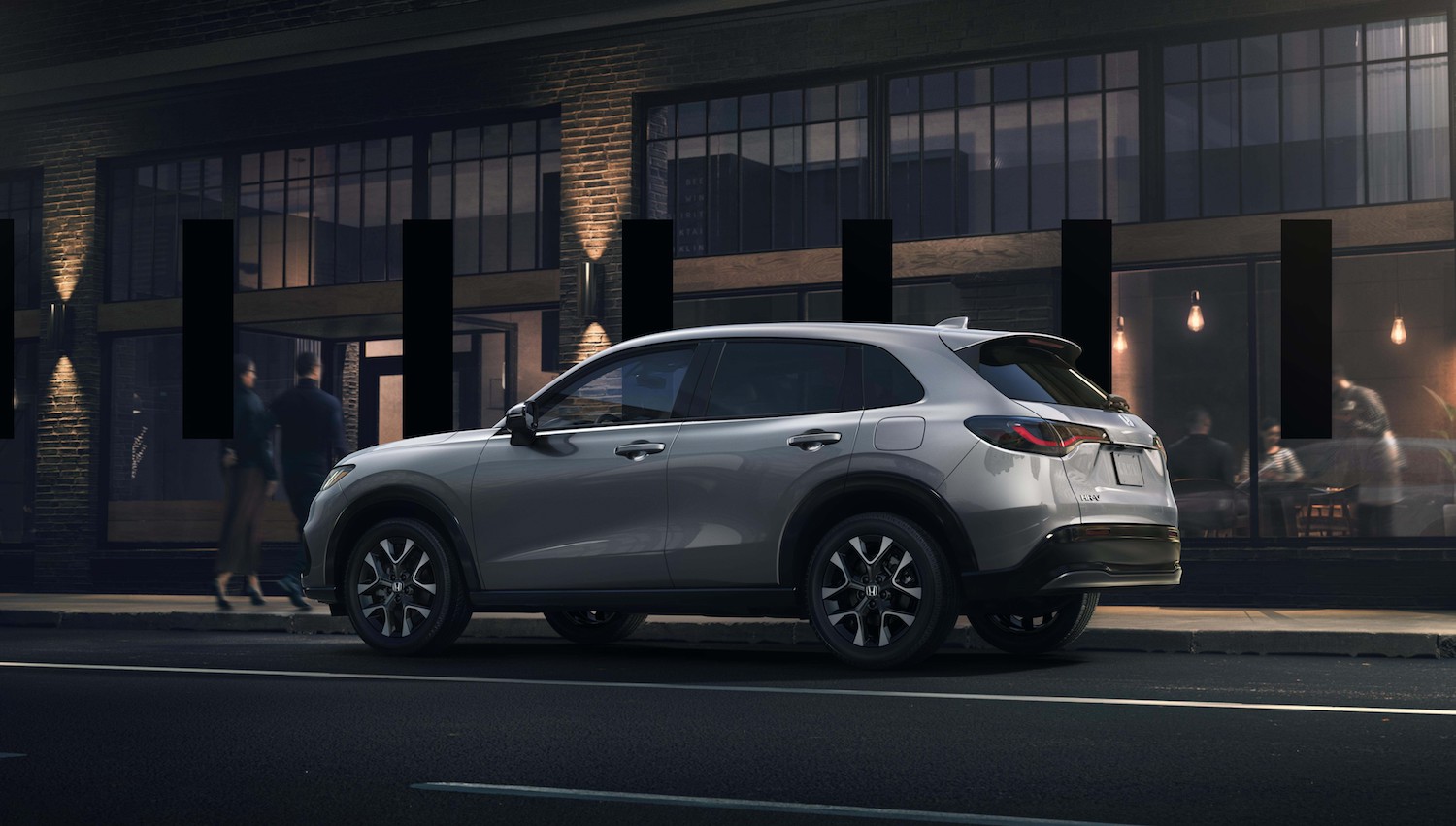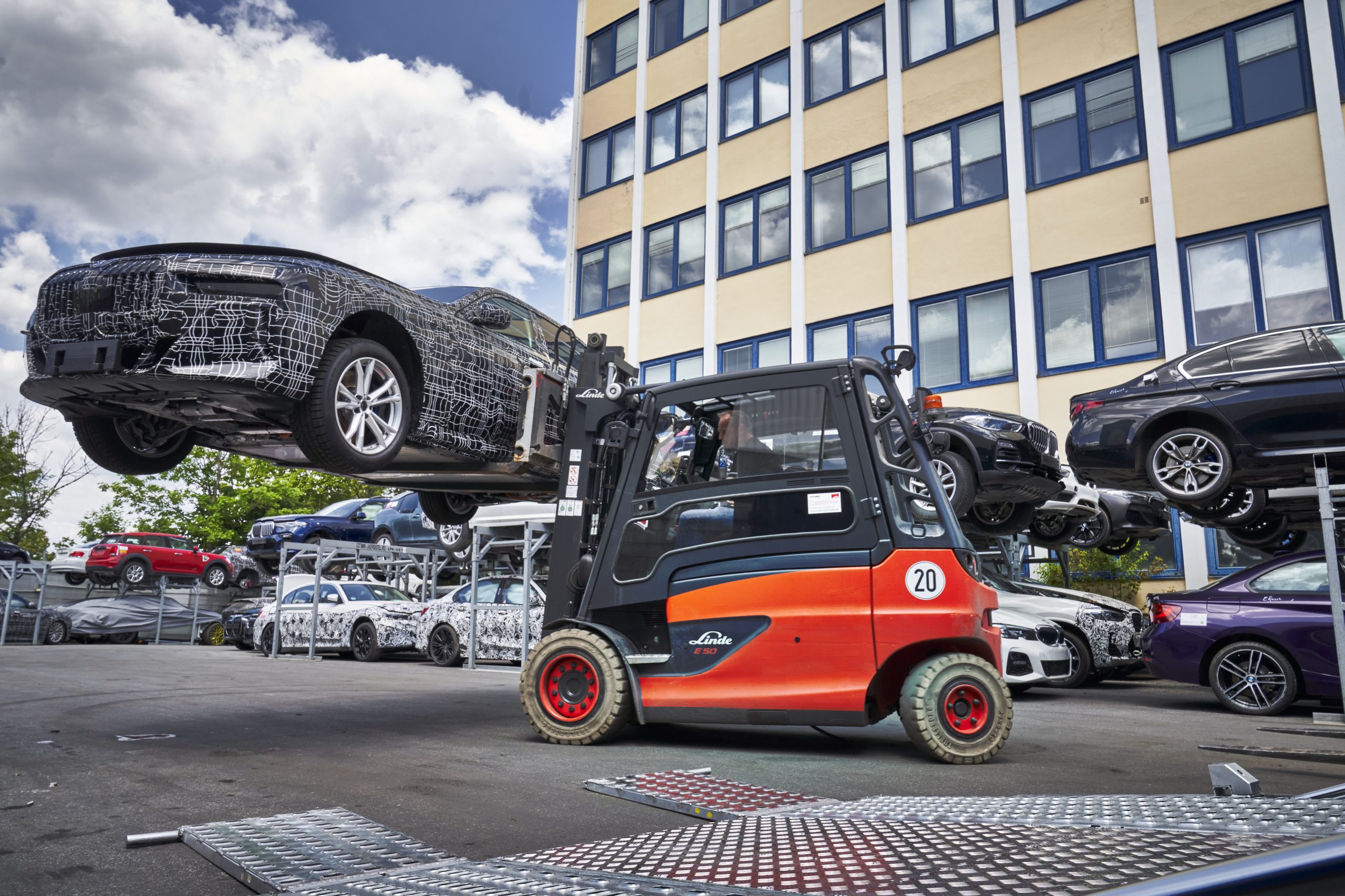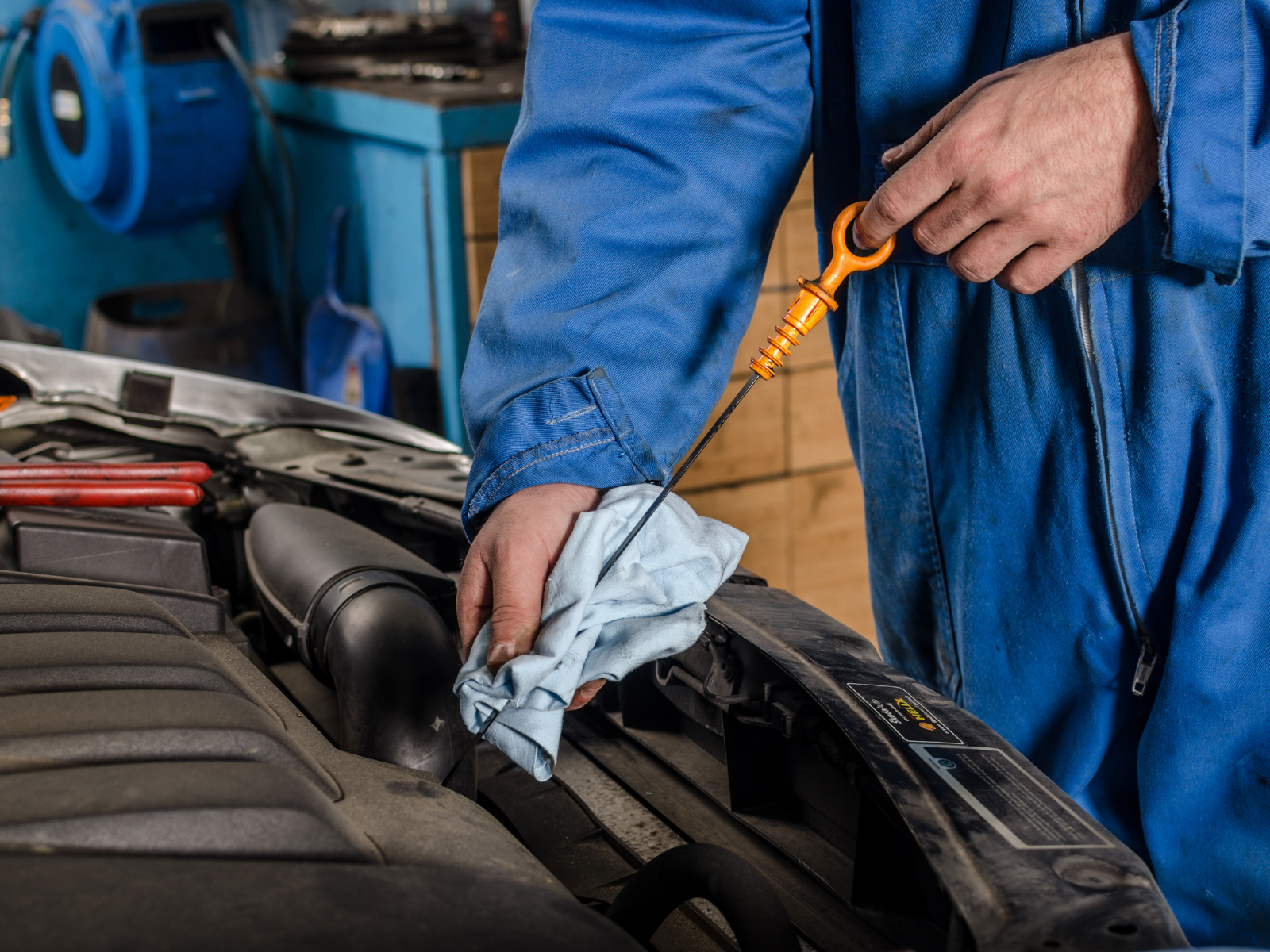Car Overheating Emergency Guide – Quick Steps
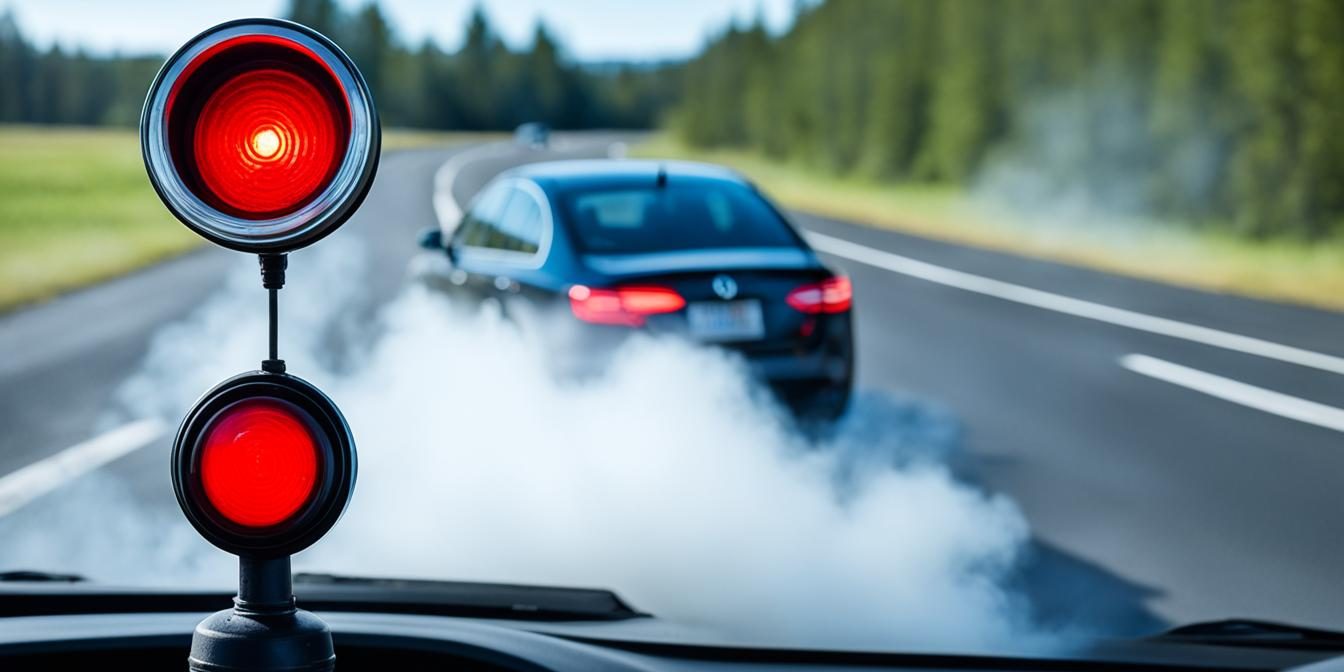
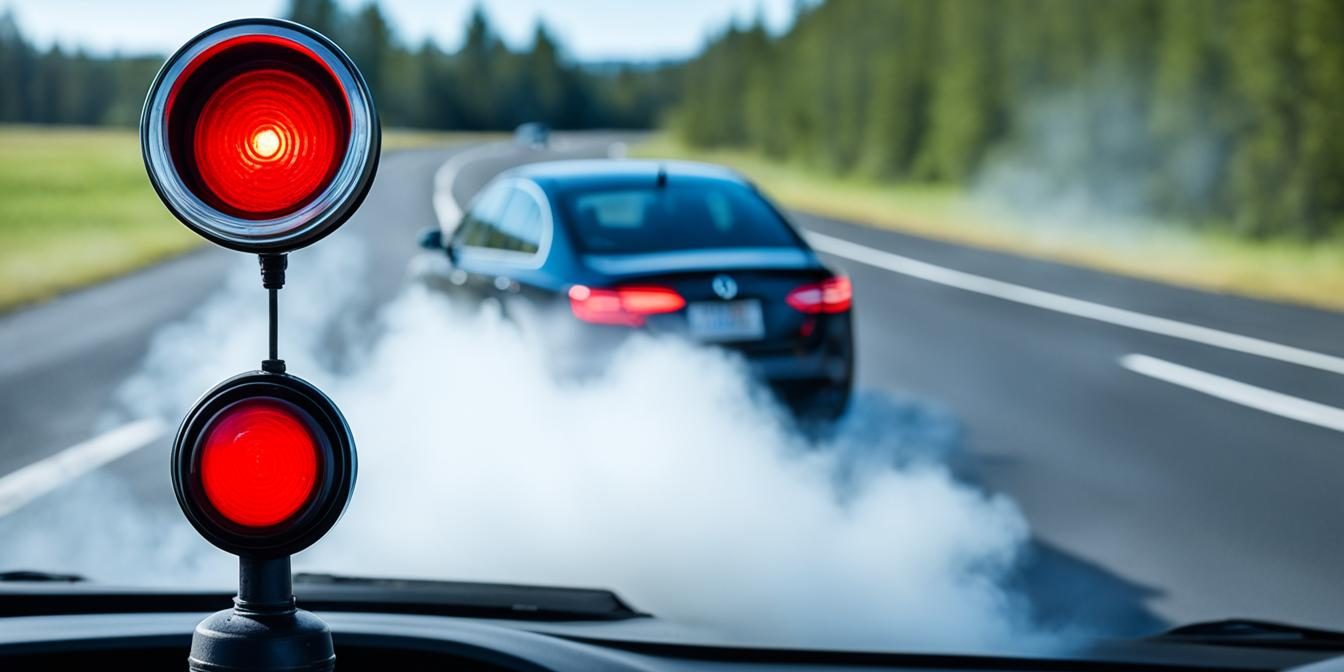
Ever felt stressed when your car suddenly overheats? It’s a common issue that can make you feel stuck. But, fear not! This article will walk you through what to do to solve a car overheating issue fast.
Facing leaking cooling systems, a bad thermostat, or low oil levels can be tough. Knowing the right steps to take is key to avoid harming your engine more. So, what’s the first thing to do when your car gets too hot?
Signs of an Overheating Car
Knowing when your car might be overheating is very important. If you catch the signs early, you can prevent big problems and breakdowns on the road. So, keep an eye out for these clues.
- An increase in engine temperature is a top sign. Watch for sudden jumps in the temperature gauge while driving.
- Steam coming from your engine means it’s too hot. This is a serious sign that you need to fix things soon.
- A warning light on the dashboard could mean your engine is too hot. New cars use sensors to check the engine’s temperature. If it’s too high, a light warns you.
- Spotting coolant leaks is another way to tell your car is overheating. If you see liquid under your car, it might be coolant. Coolant leaks can make your car overheat.
- Seeing a lot of fluid under your parked car is a problem. It’s a clue that your cooling system might not be working right.
- If you smell something sweet, like maple syrup, it’s a bad sign. This smell can mean your car’s coolant system is leaking or not working well.
If you notice these signs, act fast to avoid more issues. An overheating car can cause serious engine damage and pricy fixes. Listen to your car and get help from a car pro when needed.
Remember, knowing the signs of an overheating car is key. Handling it quickly helps keep your car in good shape and you safe on the road.
Immediate Actions for an Overheating Car
If your car gets too hot, act right away. This stops more damage from happening. Follow these steps:
- Stop the AC and open windows. This lets hot air out and cooler air in.
- Use the heater to pull heat away from the engine. It might be hot for you, but it cools the car.
- Press the gas pedal lightly to rev the engine. This moves coolant through the radiator and helps cool the engine.
- Try not to brake a lot. Braking causes more heat, which is bad when your car’s already too warm.
- If the car keeps overheating, stop in a safe spot and turn off the engine. This stops more damage and lets the engine cool off.
Wait for the engine to cool before doing anything else. It will be very hot to touch. Then, check the coolant and the ignition system for issues. If you can’t fix it or are not sure what to do, get help from a professional. They can tow your car or fix the problem.
What Not to Do When Your Car Overheats
When your car starts to overheat, knowing what not to do is key. By avoiding certain actions, you can keep your engine safe. This also ensures you stay safe while driving.
1. Avoid adding cold water to an overheated engine: It’s a bad idea to pour cold water on a hot engine. This quick change in temperature can break the engine’s parts. It could mean expensive repairs.
2. Do not remove the hot radiator cap: The coolant in the radiator is hot and under pressure. Taking off the cap while it’s still hot can lead to burns from the steam and coolant. Wait for the engine to cool before you open the cap.
3. Don’t continue driving with an overheating car: If your car is overheating, don’t keep driving. If you see the gauge is in the red, or there’s smoke, pull over safely. Turn off the engine to prevent more damage.
4. Avoid frequent braking in traffic: In heavy traffic, avoid braking often. This can make the engine work harder and heat up more. Try to keep a steady speed and avoid hard stops.
If your car starts to overheat, staying calm is crucial. Pull over safely and get help if you need it. Handling the situation the right way can prevent further damage.
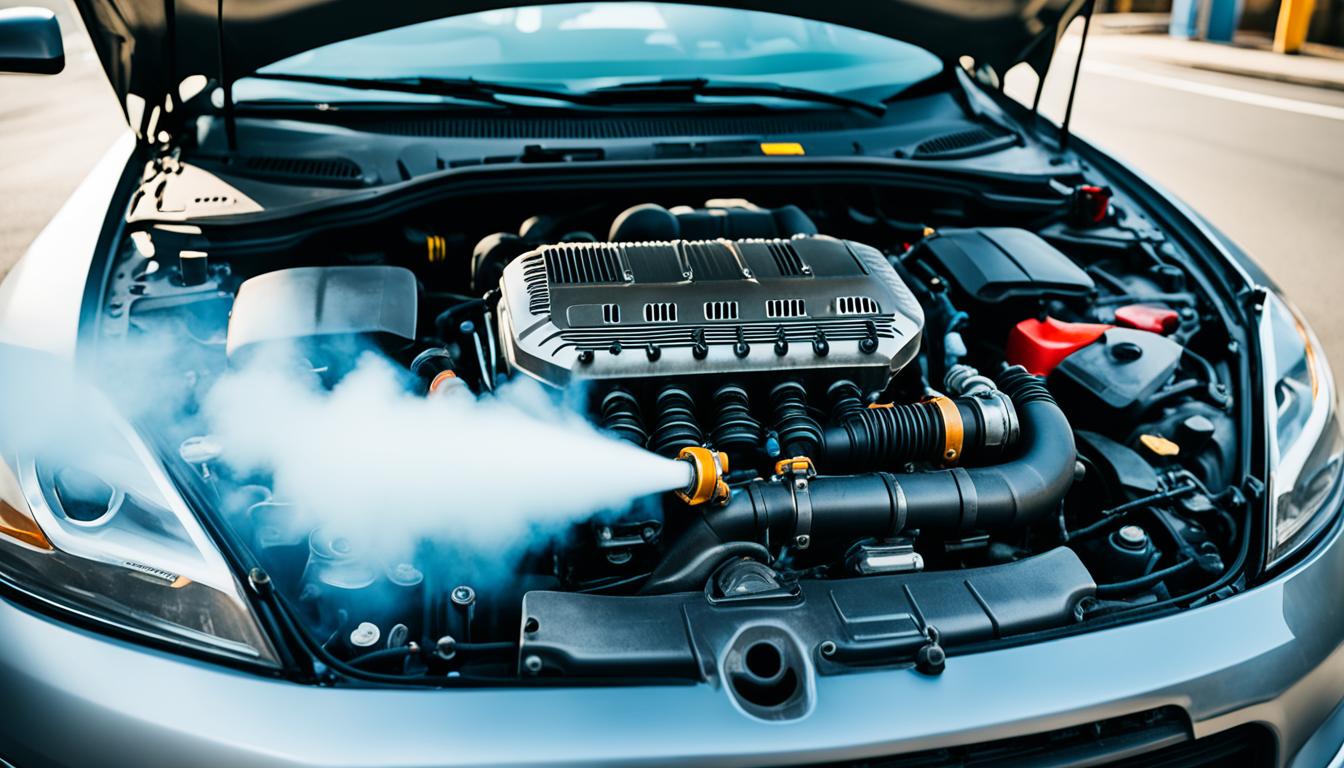
Cooling Down an Overheated Car
If your car overheats, it’s crucial to act fast and cool down the engine. This prevents further damage. Here are steps to cool an overheated car:
- Turn off the AC and open the windows. This lets cool air inside, lowering the car’s temperature.
- Turn on the heater and blower. It moves heat away from the engine. This cools the engine by pushing hot air outside the car.
- Put the car in neutral or park and rev the engine gently. This action helps move air and fluids through the radiator, cooling the engine.
- Try not to brake hard and keep a steady speed. This eases the workload on the overheated engine, reducing stress.
After following these steps, give your engine enough time to cool completely. Wait before you do anything else or start driving again. This is important for the engine’s internal parts to cool to a safe level. Always focus on safety and ask for professional help if you need it.
Source:
- First source
- Second source
Checking for Coolant Leaks and Refilling the Coolant
If your car is getting too hot, you should check for coolant leaks. Refill the coolant if needed. This is a key step to avoid engine overheating.
First, look at the coolant tank. It’s a see-through tank close to the radiator. Is it empty? Do you see fluid under the car? Leaking coolant can make the engine overheat. If you find a leak, get it fixed by a pro.
Add a 50/50 mix of coolant and water if the tank is low. Let the engine cool before adding. You can also add coolant to the radiator if needed.
But, just putting in more coolant might not fix things. If the tank is ok but your car still overheats, there could be another issue. Let a qualified mechanic check it out. They can find and fix the real problem.
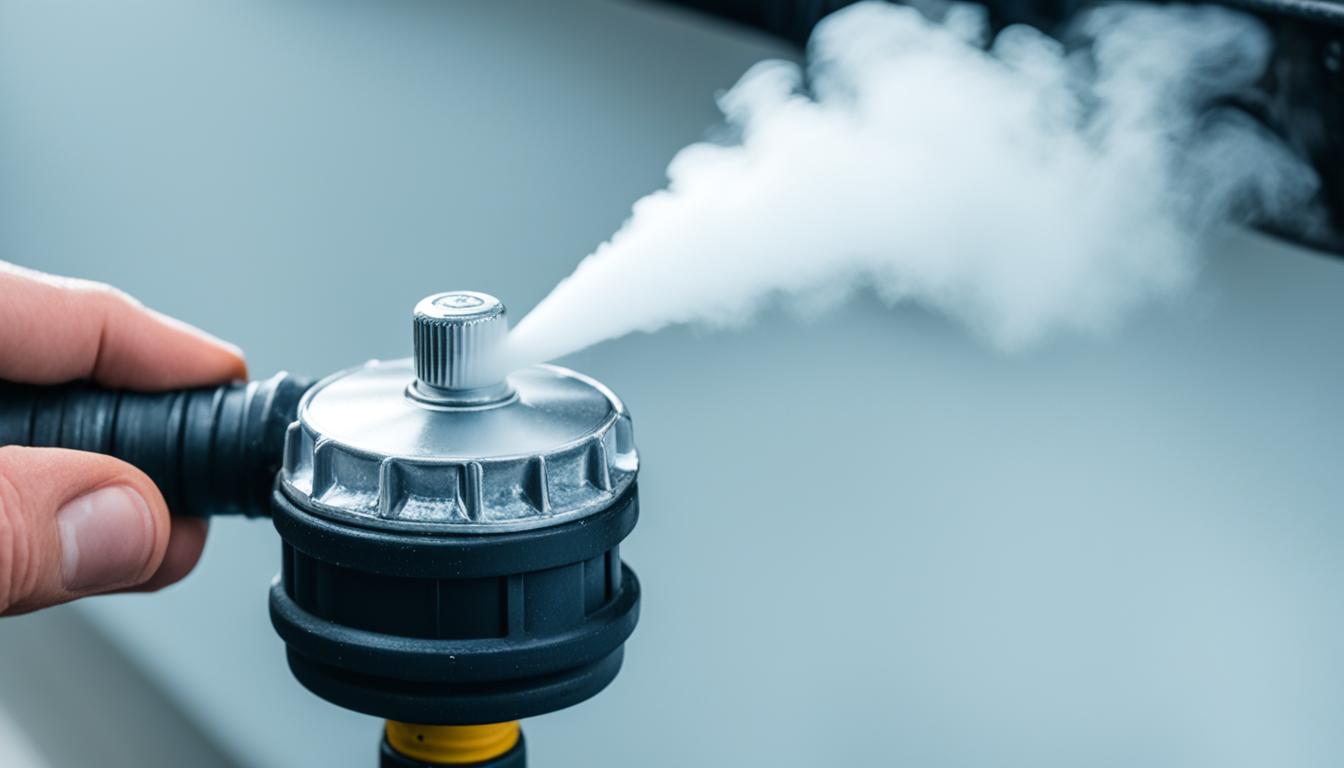
Regular Maintenance and Professional Assistance
Maintaining your car properly can prevent cooling system problems. Checking the coolant often is important. This can stop problems before they get worse.
Follow the maker’s advice on when and what coolant to use. The right coolant keeps your engine from getting too hot. It also makes sure your car runs well.
If you’re not sure how to handle coolant issues, get help. Qualified technicians know how to fix complex problems. They have the right knowledge and tools.
By staying on top of your car’s cooling system and getting help as needed, you can keep your car running smoothly. This prevents the engine from overheating.
Conclusion
Dealing with an overheating car is stressful but acting fast helps you avoid more damage. Recognize the signs, take immediate steps, and check for coolant leaks. If needed, refill the coolant to solve the problem.
Regular maintenance like oil changes and watching the temperature can stop your car from overheating. Always put safety first and get help from professionals as necessary.
When your car overheats, quick action can save you from expensive fixes and getting stuck on the road. If you see the engine heat up, steam, or other signs, act promptly. Use the steps in this guide to lower the engine’s temperature and prevent harm.
Also, remember to check for leaks and top up the coolant. Don’t forget the importance of regular maintenance to keep your car in top condition.
Preventing car overheating is key. Keep your car serviced by a professional and fix any issues right away. Ensure the coolant is at the right level and the cooling system works well.
Watch the temperature gauge during long trips or in hot weather. Being proactive like this reduces the chance of overheating. It helps you have a smooth drive, free from worries. Stay safe out there!


